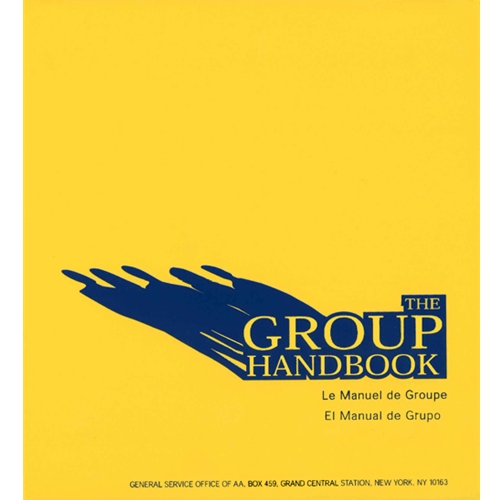
Frequently Asked Questions About Groups and Meetings
How do we start a new A.A. group?
Reasons for starting a new group vary, but the ways to go about it are basically the same. Important to establishing an A.A. group is the need for one as expressed by at least two or three alcoholics; the cooperation of other A.A. members; a meeting place; a coffee pot; A.A. literature and meeting lists; and other supplies. Once the group is off to a good start, it would be helpful to announce its presence to neighboring groups; your local intergroup (central) office, if there is one; your district and area committees; and the General Service Office. These sources can provide much support. Contact GSO for copies of the New Group Form, which should be completed and returned for the new group to be listed. Each new group receives a complimentary handbook and a small supply of literature at no charge when it is listed with GSO (one of the many services made possible by the regular support of other A.A. groups and individual members). The New Group Form can be downloaded from our website (aa.org), or requested by mail at GSO, Box 459, Grand Central Station, New York, NY 10163.
How do you become an A.A. group member?
Group membership requires no formal application. As stated in Tradition Three, “The only requirement for A.A. membership is a desire to stop drinking." Just as we are members of A.A. if we say we are, so are we members of a group if we say we are.
Where can I find the form I need to send to GSO?
GSO New Group Listing Guidelines / Form
GSO Group Information Change Form
GSO DCM & DCMC Information Change Form
If you need a form that is not on this list, please contact your regional correspondent.
How can I obtain a tax ID number for my group?
Please see the A.A. Finance Guidelines (publication MG-15) section entitled "Bank Accounts & Tax ID numbers" (page 4). This publication is available at no cost on our website.
What are central offices or intergroups?
A central office or intergroup is an A.A. service office that involves partnership among groups in a community — just as A.A. groups themselves are partnerships of individuals. A central office/intergroup is established to carry out certain functions common to all the groups — functions that are best handled by a centralized office — and it is usually maintained, supervised and supported by these groups in their general interest. It exists to aid the groups in their common purpose of carrying the A.A. message to the alcoholic who still suffers.
MG-02 Guidelines on Central or Intergroup Offices
More Questions?
Local areas and intergroups are a good source of information for groups. Contact an office close to you with questions.
General Questions
Group problems or questions on the Traditions or A.A. Service, can also be directed to your regional correspondent at GSO.
